# taxation
12 posts in `taxation` tag
.jpg)
Small Business & Professional Taxes: A Guide to Sections 44AA, 44AB, 44AD, 44ADA for FY 2024-25
For small businesses and professionals in India, understanding Sections 44AA, 44AB, 44AD, and 44ADA of the Income Tax Act, 1961, is essential for smooth tax compliance. This guide explains how these sections apply for the Financial Year 2024-25 (Assessment Year 2025-26). It covers necessary bookkeeping, tax audit rules, and the simplified presumptive taxation schemes that can greatly lessen the compliance burden for qualified taxpayers.

PAN-Aadhaar Linking: CBDT Offers Major Relief on TDS Demand Notices (2025 Update)
In a major relief for Indian taxpayers, the Central Board of Direct Taxes (CBDT) has waived demands for short TDS deduction arising from payments to inoperative PAN holders. This addresses the widespread issue where deductors received tax notices for not applying the higher TDS rate mandated for unlinked PANs. This blog details the conditions of this relief as per CBDT Circular No. 9/2025, outlines the crucial deadlines like September 30, 2025, and explains the actionable steps for both deductors and deductees to benefit from this waiver and ensure future compliance.
.jpg)
Easy Guide to TCS Form 27EQ
This guide explains TCS Return Form 27EQ for businesses and individuals. It covers its purpose, quarterly due dates, how to pay TCS using Challan 281, and the consequences of late filing or payment, such as interest and penalties. The text uses clear language for easy understanding, helping you stay compliant.
.jpg)
Easy Guide: Which ITR Form (3 or 4) is Right for You, Freelancer?
This blog explains the key differences between ITR-3 and ITR-4, specifically for freelancers and consultants, outlining eligibility criteria and scenarios to help them choose the correct income tax return form.
.jpg)
New Gratuity Norms 2025: What Indian Employees Must Know
This blog post offers a detailed look at gratuity in India for 2025. It defines gratuity and outlines the different situations in which it is payable, including superannuation, resignation, death, or disablement. The post explains the eligibility criteria, highlighting the five-year continuous service rule and its main exceptions. It also provides clear formulas and examples for calculating gratuity for both employers covered and not covered by the Payment of Gratuity Act, 1972. A significant portion covers the tax implications for 2025 under Section 10(10) of the Income Tax Act. This section differentiates between government and non-government employees, explains the 20 Lakh exemption limit, and addresses the effect of the new tax regime (Section 115BAC) on gratuity exemptions. The article concludes with key takeaways for better financial planning.
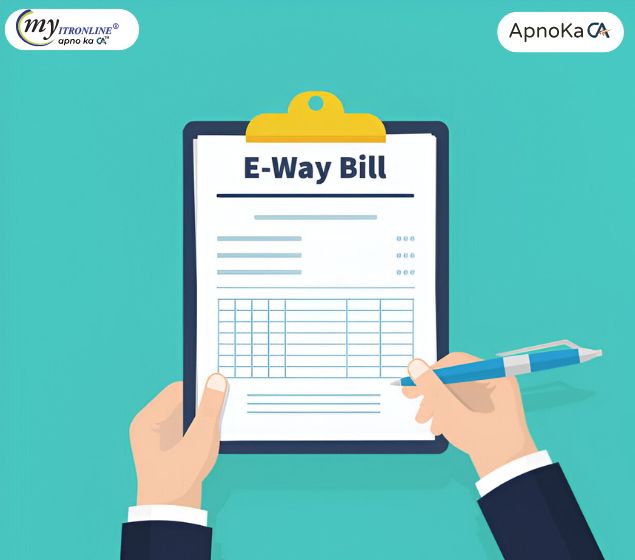
New E-Way Bill 2.0: What You Need to Know
This blog post provides a comprehensive yet concise overview of the upcoming E-Way Bill 2.0 system, effective July 1, 2025. It highlights the core objective of ensuring business continuity through a dual-portal operation and real-time data synchronization. Key enhancements, including new service functionalities and API integrations, are detailed, along with the benefits for taxpayers and transporters such as zero downtime and increased efficiency. The post concludes with actionable advice for businesses to prepare for the transition.
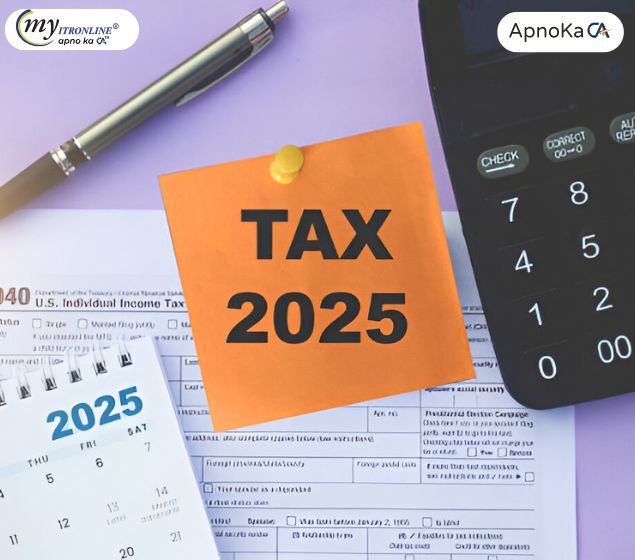
Easy Tax Rules for Small Businesses & Professionals (FY 2024-25)
This comprehensive blog post provides a detailed overview of the presumptive taxation schemes under Sections 44AD and 44ADA of the Income Tax Act, 1961, for the Financial Year 2024-25 (Assessment Year 2025-26). It explains the eligibility criteria, benefits, and important considerations (like the 5-year rule) for small businesses and professionals. Additionally, it clarifies the requirements for maintaining books of accounts under Section 44AA and the applicability of tax audits under Section 44AB, including the enhanced turnover limits. The blog aims to simplify complex tax provisions, helping taxpayers make informed decisions for better compliance and tax planning.
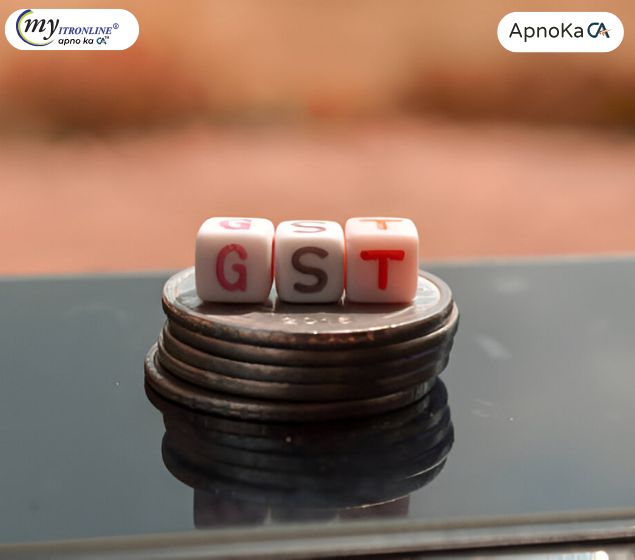
No DIN, No Problem! Your GST Notices Remain Valid.
The CBIC has clarified that GST notices from the official portal are now valid with a Reference Number (RFN), even without a separate Document Identification Number (DIN). The RFN serves as a unique identifier, making the DIN redundant for these digital communications. This move aims to reduce confusion, simplify verification, and emphasize digital communication. Taxpayers can use the RFN on the GST website to authenticate notices. Caution is advised for notices received without a DIN via other channels.
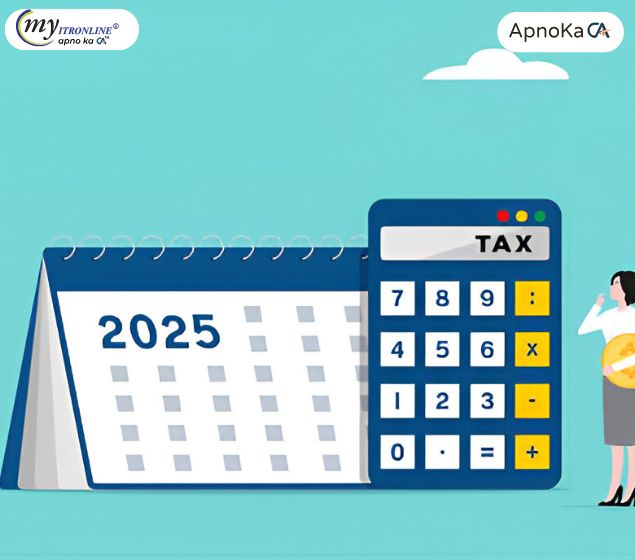
June 2025 Tax Deadlines: Don't Miss These!
June is a critical month for tax and compliance in India. This blog post provides a comprehensive, guide to the over 20 crucial deadlines for June 2025 across Income Tax, GST, Company Law (ROC), and Labour Laws. Learn how to stay compliant, avoid penalties, and ensure the financial well-being and smooth operation of your business. From TDS/TCS and advance tax payments to GST returns and ROC filings, we cover everything you need to know.

New Rules for ITR-1 & ITR-4: Your AY 2025-26 Guide (Old Tax System)
This comprehensive blog post outlines the significant changes introduced by the Income Tax Department for Assessment Year 2025-26 (FY 2024-25) concerning ITR-1 (Sahaj) and ITR-4 (Sugam) under the Old Tax Regime. It details the newly mandated annexures for claiming various deductions, including HRA, Section 80C, 80D, 80DD, 80DDB, 80E, 80EE, and 80EEB. Readers will find crucial information on the new required fields for each section, key points to remember for seamless e-filing, common validation errors to avoid, and important deadlines. The post emphasizes the importance of accurate data submission and retaining supporting documents to ensure tax compliance.

India's Senior Tax Relief: Simplify Your Retirement Finances
This blog details the simplified tax relief measures, exemptions, and deductions for senior and super senior citizens in India, as outlined by the Income Tax Department. It covers key aspects of the Old and New Tax Regimes, specific deductions for pension and interest income, medical expenses, and relaxed ITR filing norms for Assessment Years 2025-26 and 2026-27, empowering retirees for better financial management.
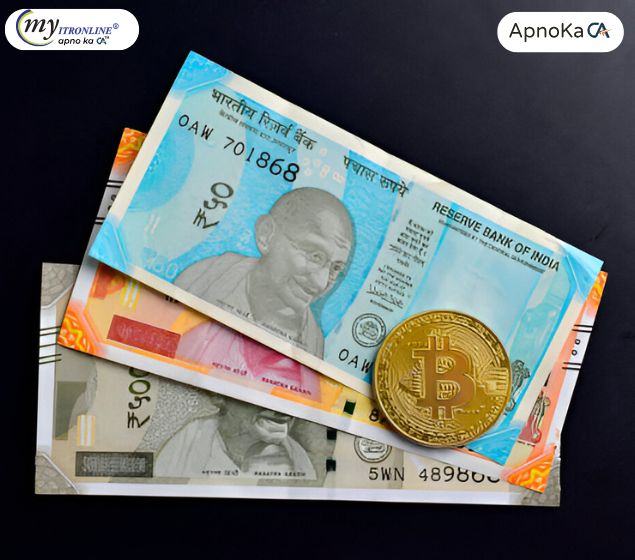
Avoid Penalties: Your Guide to Crypto Taxation in India
The Indian government has established a clear framework for the taxation of Virtual Digital Assets (VDAs) under the Finance Act 2022. This comprehensive guide covers the flat 30% tax on VDA gains, the 1% TDS on transactions, strict rules regarding loss set-off and carry forward, and other taxable scenarios like mining, staking, and gifts. It also provides a step-by-step approach to filing crypto taxes in India, emphasizing the importance of detailed record-keeping and professional assistance to ensure compliance and avoid penalties.
